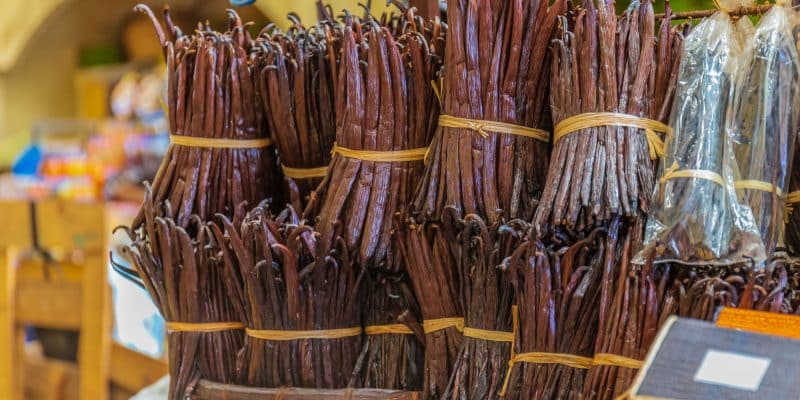Madagascar is the world leader in the vanilla industry, accounting for almost 70% of the supply, but its cultivation of the world's most prized flavour is causing ecological damage. In a study published at the end of December 2023, researchers from the University of Göttingen in Germany indicate that vanilla cultivation in the forest leads to a 47% reduction in endemic species. This drop in biodiversity can be avoided if vanilla is grown on fallow land.
A new study highlights the harmful impact of vanilla cultivation on Madagascar’s biodiversity. An alarming 47% drop in endemic species has been observed when this spice is grown in forests. This is a worrying figure, especially as the island of Madagascar is renowned for its unique species. Nearly 90% of species are endemic to the island, according to official figures.
The study, published at the end of December 2023 in the journal Natural Communications by researchers from the University of Göttingen in Germany, focused on biodiversity in the north-east region of Madagascar, delving into the wealth of flora and fauna to take a close look at trees, herbaceous plants, birds, amphibians, reptiles, butterflies and ants. The study also found that the density and length of vanilla plants could have an impact on certain aspects of biodiversity. Denser and longer plants, while beneficial for yields, could have a negative impact on the development of certain tree and reptile species.
Vanilla, a “green gold” for Madagascar
Vanilla cultivation and export are vital to Madagascar and to thousands of small farmers in the north-east of the island. Sold at 250 dollars a kilogram, vanilla is the most expensive spice in the world after saffron. This is a godsend for Madagascar, which exports nearly 2,500 tonnes a year – 70% of the world’s supply – and will generate revenue of around $602 million in 2021, according to figures from the Central Bank of Madagascar.
Read also-AFRICA: Yves Saint Laurent to restore 1000 ha of land in Morocco and Madagascar
To reconcile economic prosperity and biodiversity conservation in Madagascan vanilla cultivation, the team of researchers from the University of Göttingen is advising farmers to turn to fallow land, i.e. farmland left uncultivated for a certain period of time. “The good news is that farmers do not need to clear their land to obtain high yields. In fact, they can add value to the biodiversity of fallow land by growing vanilla on it”, said Dr Annemarie Wurz, lead author of the study.
Boris Ngounou







